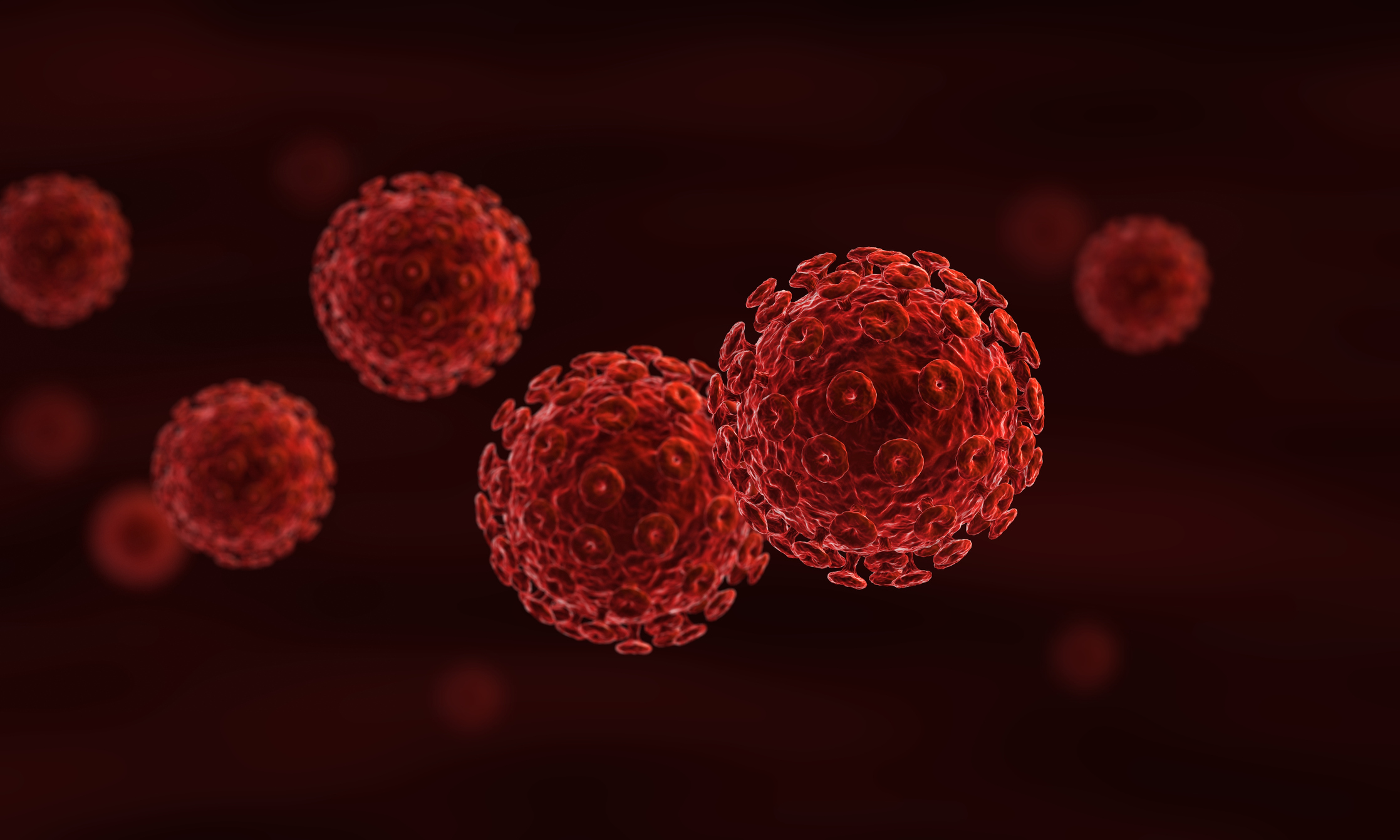Our objective was to determine whether SARS-CoV-2 antibody levels after the first dose can predict the final antibody response and whether this is dependent on the vaccine type.
69 BNT162b2 (Pfizer/BioNTech) and 55 AZD1222 (AstraZeneca) vaccinees without previous infection or immunosuppressive medication were included. Anti-body levels were quantified 3 weeks after dose 1, in case of AZD1222 directly before boostering (11 weeks after dose 1) and 3 weeks after dose 2, with the Roche SARS-CoV-2 S total antibody assay.
Pre-booster (BNT162b2: 80.6 [25.5-167.0] BAU/mL, AZD1222: 56.4 [36.4-104.8] BAU/mL, not significant) and post-booster levels (BNT162b2: 2,092.0 [1,216.3-4,431.8] BAU/mL, AZD1222: 957.0 [684.5-1,684.8] BAU/mL, p<0.0001) correlated well in BNT162b2 (ρ=0.53) but not in AZD1222 recipients. Moreover, antibody levels after the first dose of BNT162b2 correlated inversely with age (ρ=-0.33, P=0.013), whereas a positive correlation with age was observed after the second dose in AZD1222 recipients (ρ=0.26, P=0.030).
In conclusion, our data suggest that antibody levels quantified by the Roche Elecsys SARS-CoV-2 S assay before the booster shot could infer post-booster responses to BNT162b2, but not to AZ1222. In addition, we found a vaccine-dependent effect on antibody responses, where age seems to play an ambivalent role.
Copyright © 2021. Published by Elsevier Ltd.
Initial SARS-CoV-2 vaccination response can predict booster response for BNT162b2 but not for AZD1222.


